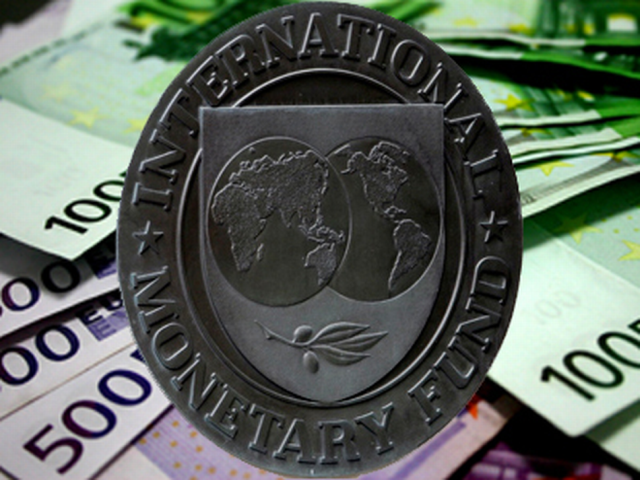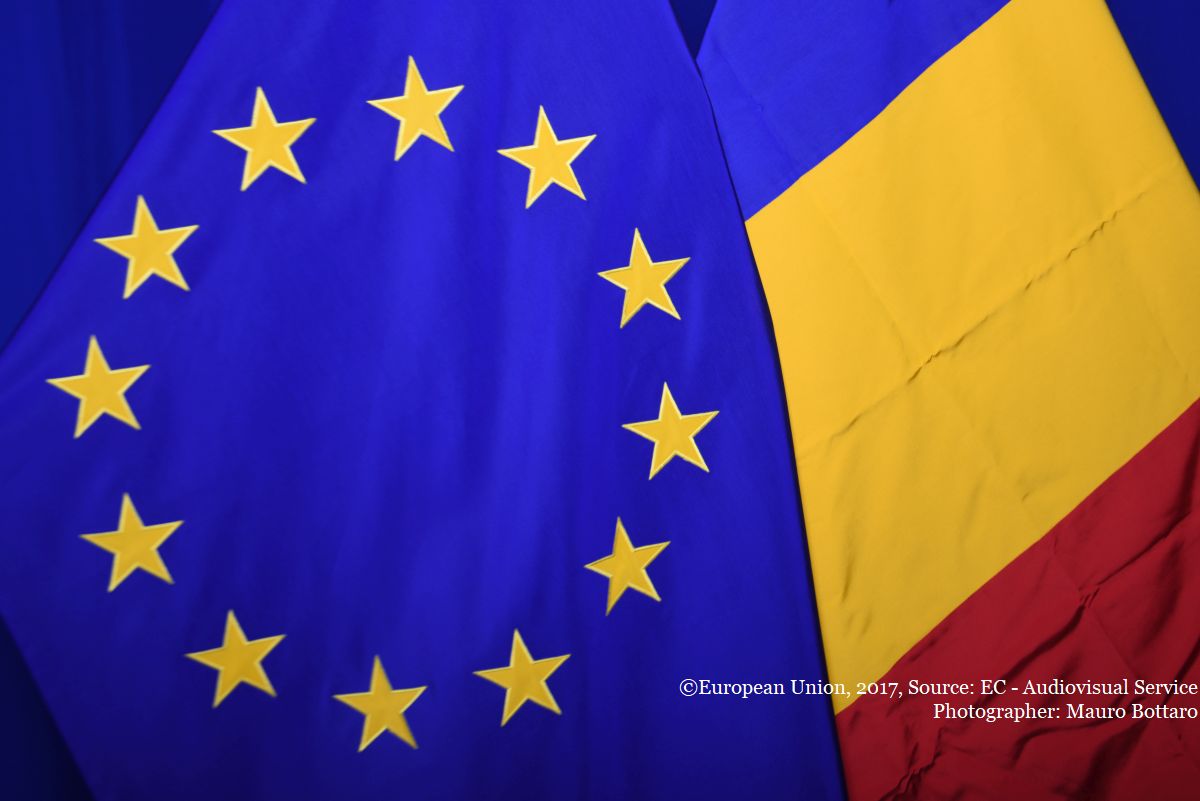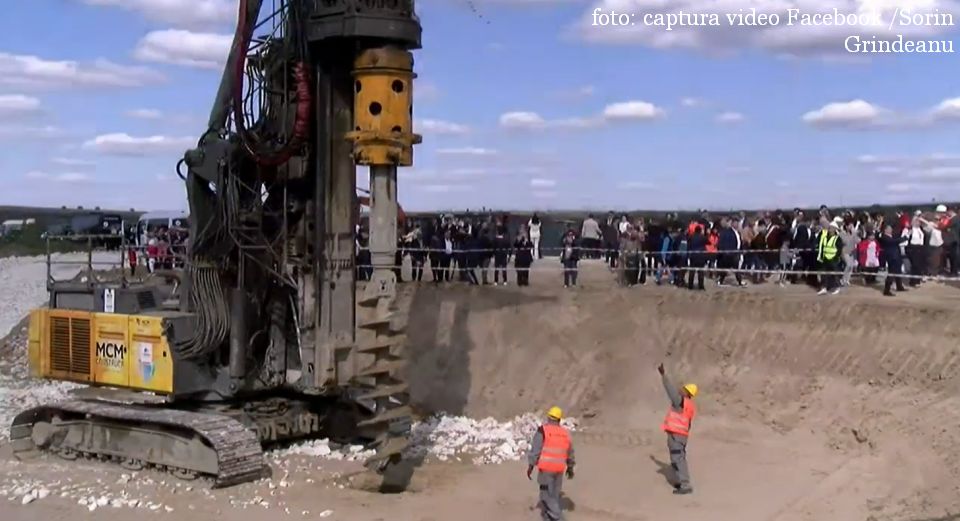IMF Recommendations for Romania
The IMF and the World Bank have warned once again against tax cut policies, which the Romanian economy supposedly does not need. The two financial institutions believe that there is a significant risk for Romania to exceed its deficit threshold. In a debate on economic themes, IMF head for Romania, Reza Baqir, told the authorities in Bucharest to cancel or postpone the tax cuts they planned for 2017.

Daniela Budu, 15.06.2016, 13:23
The IMF and the World Bank have warned once again against tax cut policies, which the Romanian economy supposedly does not need. The two financial institutions believe that there is a significant risk for Romania to exceed its deficit threshold. In a debate on economic themes, IMF head for Romania, Reza Baqir, told the authorities in Bucharest to cancel or postpone the tax cuts they planned for 2017.
Reza Baqir said that they would come at a moment when consumption is still high, which could overheat the economy. This is a danger warned about by the former representative, Jeffrey Franks. He pointed out that Romania has to be cautious in terms of economic policies, to avoid past mistakes. He said that it was comforting that Romania is once again growing economically, though not at a level similar to that before the crisis years. At the same time, he pointed out that those levels were not sustainable to begin with. The question, according to him, is whether or not tax rules and salaries over the last year bring us closer or further from sustainability.
The government in Bucharest is attempting to cut down deficit. Finance Minister Anca Dragu said that reducing the healthcare contribution by 5%, a measure that recently passed the Senate, cannot be applied starting next year. She explained that the measure would cost almost 1.8 billion Euro, in a year when the pressure on the budget runs high.
“According to our estimates, next year the budget deficit will stand at 2.8, maybe 2.85% with the measures in the Fiscal Code, if we dont take into account the five percent healthcare cut. This is not included in next years budget deficit.”
World Bank economist for Romania, Catalin Pauna, pointed out that Romania risks being penalized for excessive deficit in 2017, and end up raising taxes. He admitted, however, that the executive still has time to apply compensatory measures, as well as improve its public spending and tax collection. At the same time, IMF representative, Alejandro Hajdenberg said that the raise in the minimum wage in Romania threatens domestic competition and investment, pushing companies towards the gray economy. The official said that the negative impact of raising the minimum wage gets worse when it reaches 25 to 45% of the minimum wage, and in Romania it is almost 45%. The minimum wage in Romania was raised in May to 1,250 lei, the equivalent of 280 Euro.






























